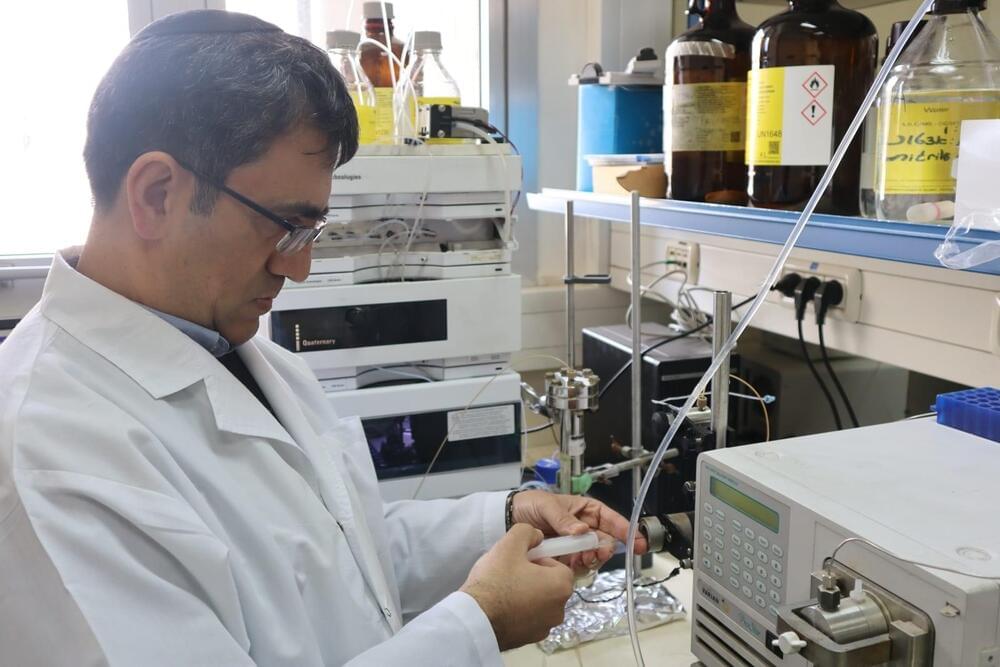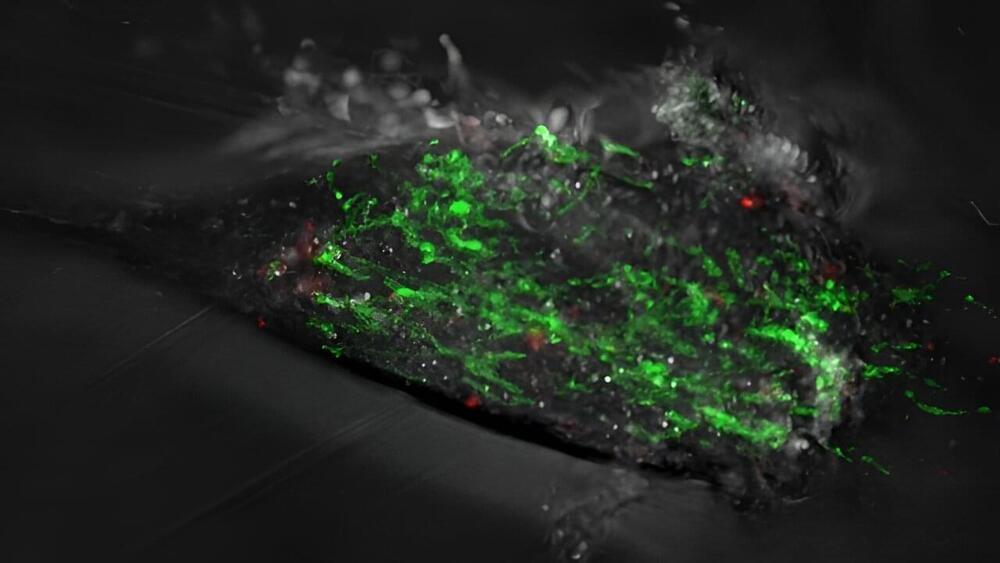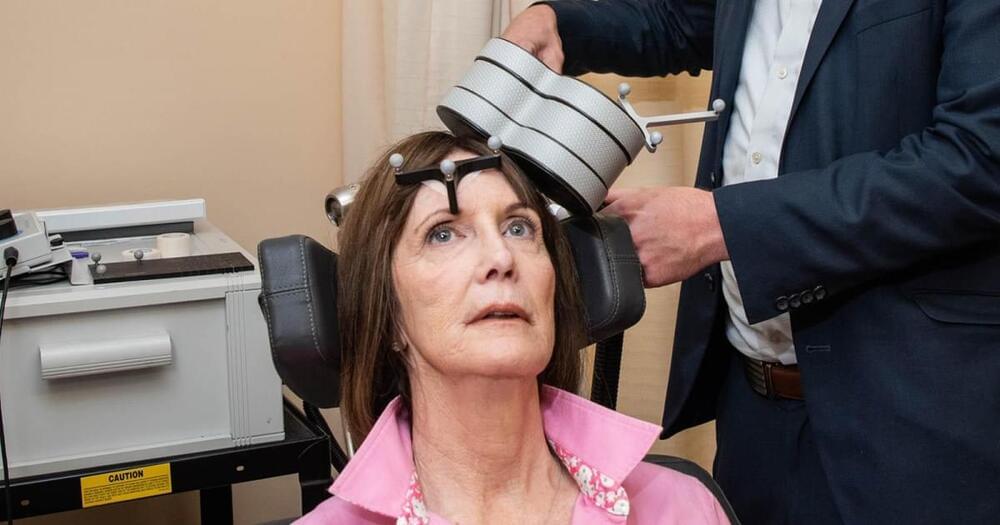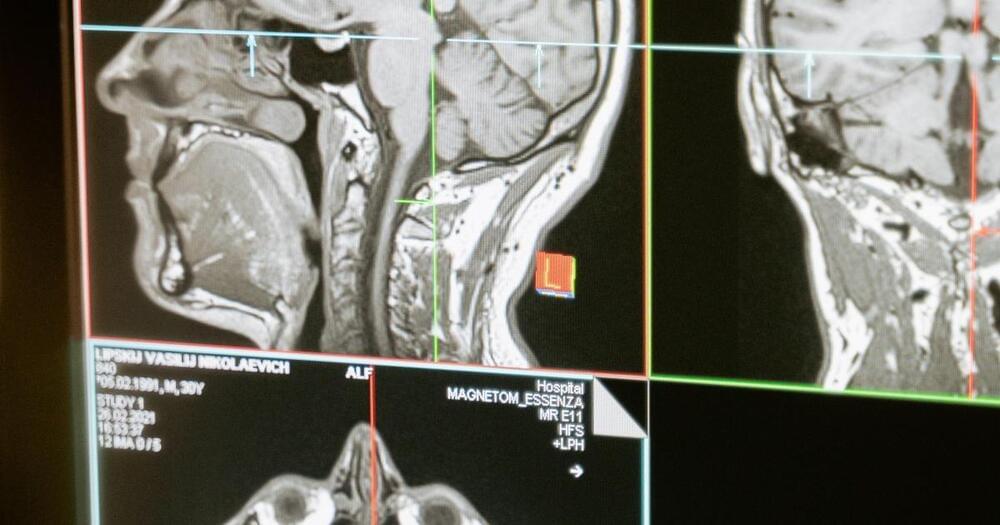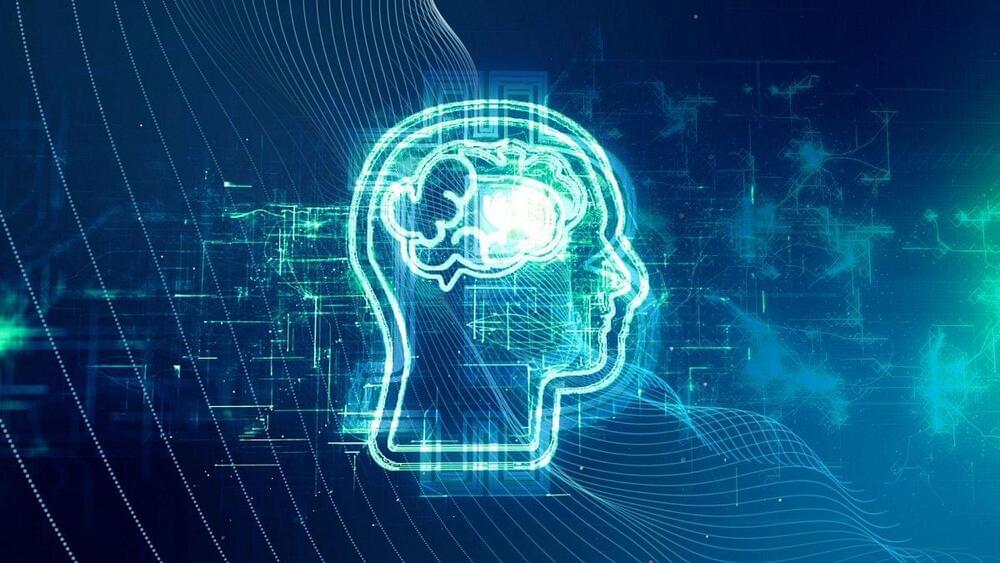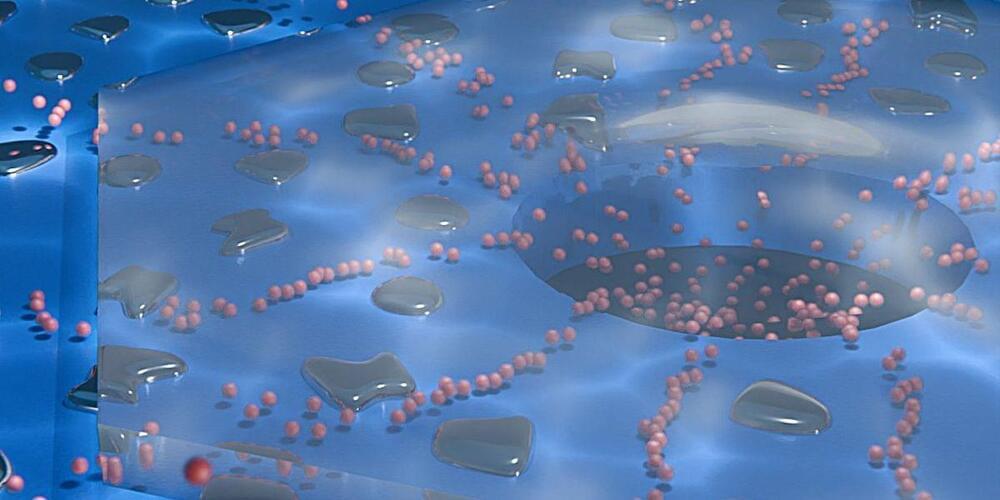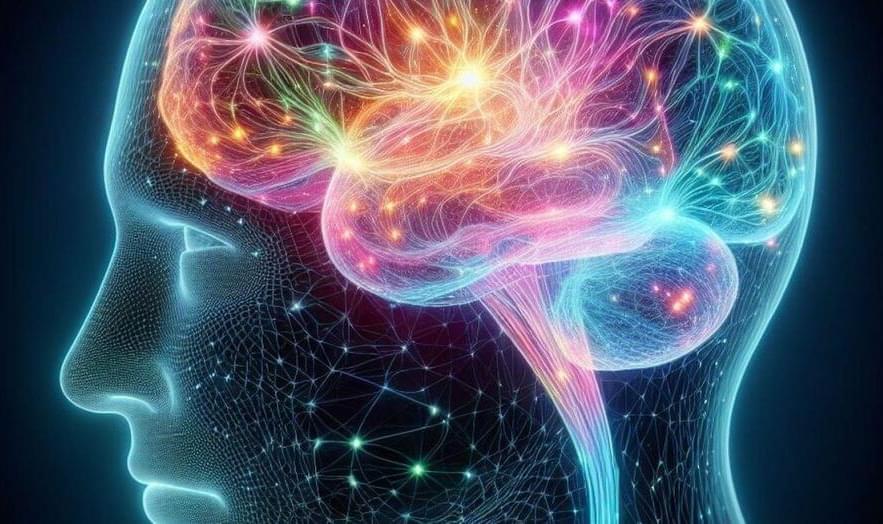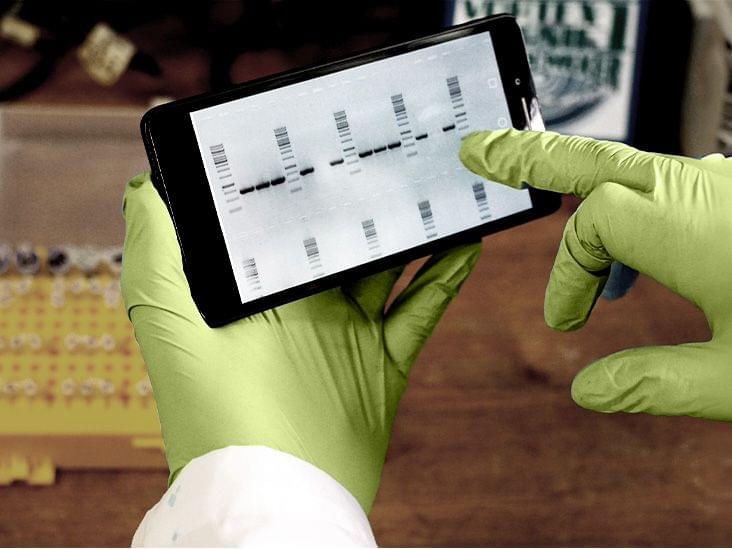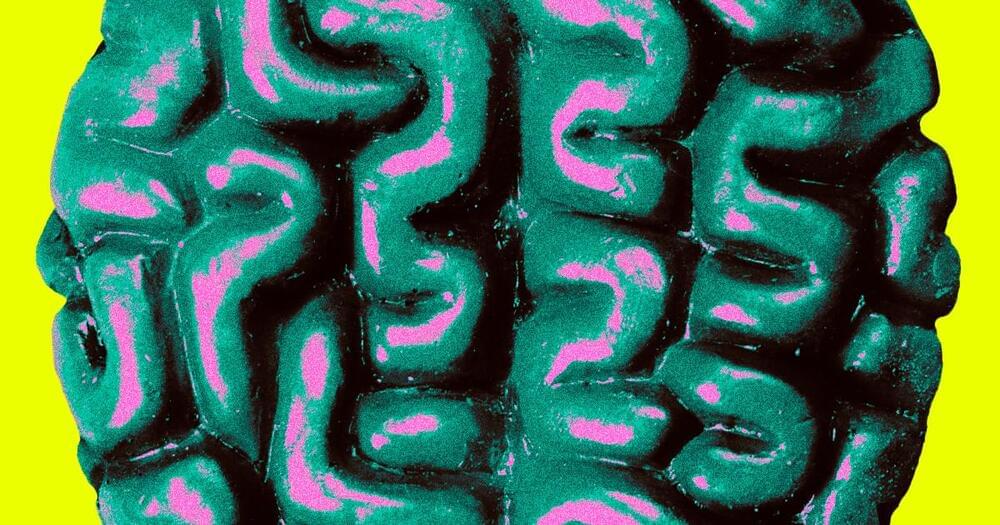Apr 1, 2024
New Alzheimer’s treatment slows disease with nanoparticles
Posted by Shubham Ghosh Roy in categories: biotech/medical, nanotechnology, neuroscience
Alzheimer’s is the most common form of dementia, affecting an estimated 6.7 million people in the US. Researchers seeking an effective treatment for the affliction have, over the last 30 years, focused their efforts on a protein known as amyloid beta (A-beta), which form clumps in the brain.
These clumps of A-beta proteins attack nerve cells, resulting initially in short-term memory impairment and later in the loss of judgment, language and thought processes.
Other researchers have previously developed an antibody which can identify and attach itself to A-beta proteins and delay the progression of Alzheimer’s in patients with early-to-mild cognitive impairment by up to 36%.
